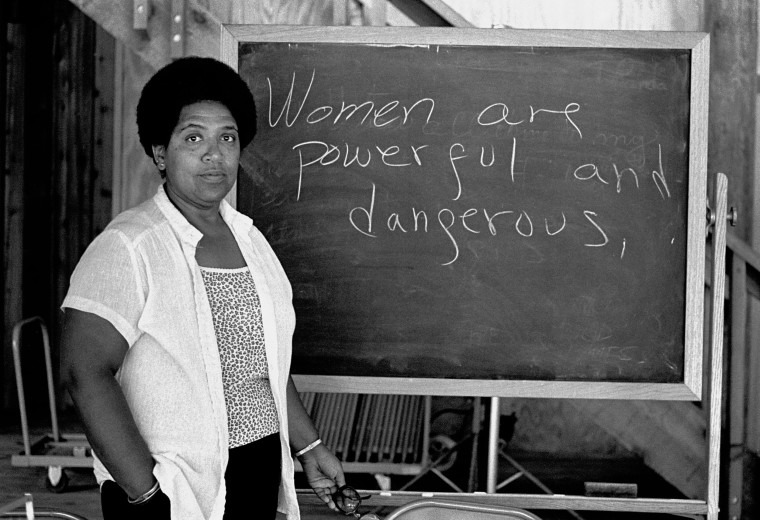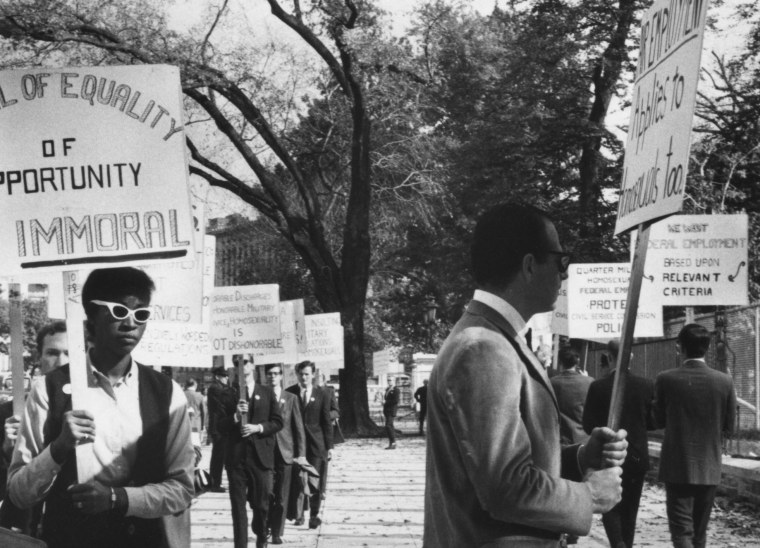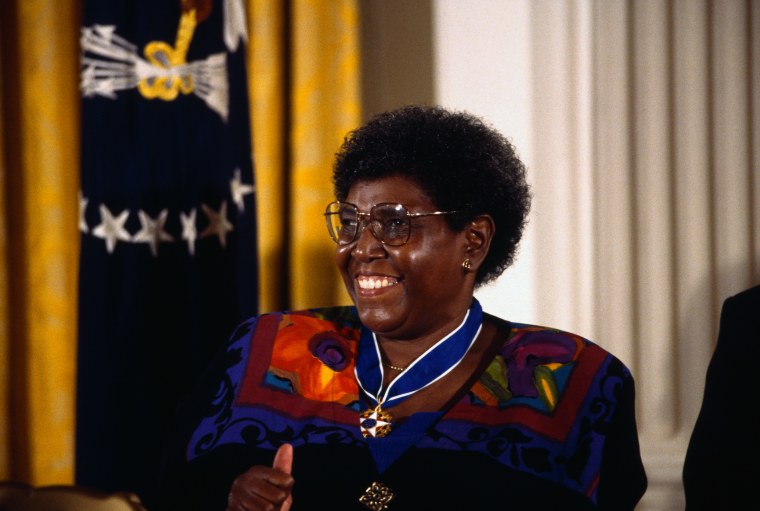

Good Morning POU! We continue to honor influential black LBGTQ figures.

Audre Lorde (1934-1992)
Lorde, a self-described “black, lesbian, feminist, mother, poet, warrior,” made lasting contributions in the fields of feminist theory, critical race studies and queer theory through her pedagogy and writing. Among her most notable works are “Coal” (1976), “The Black Unicorn” (1978), “The Cancer Journals” (1980) and “Zami: A New Spelling of My Name” (1982). “I write for those women who do not speak, for those who do not have a voice because they were so terrified, because we are taught to respect fear more than ourselves. We’ve been taught that silence would save us, but it won’t,” Lorde once said.

Ernestine Eckstein (1941-1992)
Eckstein was a leader in the New York chapter of Daughters of Bilitis, the first lesbian civil and political rights organization in the United States. She attended “Annual Reminder” picket protests and was frequently one of the only women — and the only black woman — present at early LGBTQ rights protests. Eckstein was also an early activist in the black feminist movement of the 1970s and was involved with the organization Black Women Organized for Action. According to historians, she viewed the fight for civil rights and LGBTQ rights as intrinsically linked.

Barbara Jordan (1936-1996)
Jordan, a civil rights leader and attorney, became the first African American elected to the Texas Senate in 1966, and the first woman and first African American elected to Congress from Texas in 1972. Jordan was awarded the Presidential Medal of Freedom by Bill Clinton in 1994 for her work as a political trailblazer. While Jordan never explicitly acknowledged her sexual orientation in public, she was open about her life partner of nearly 30 years, Nancy Earl.
